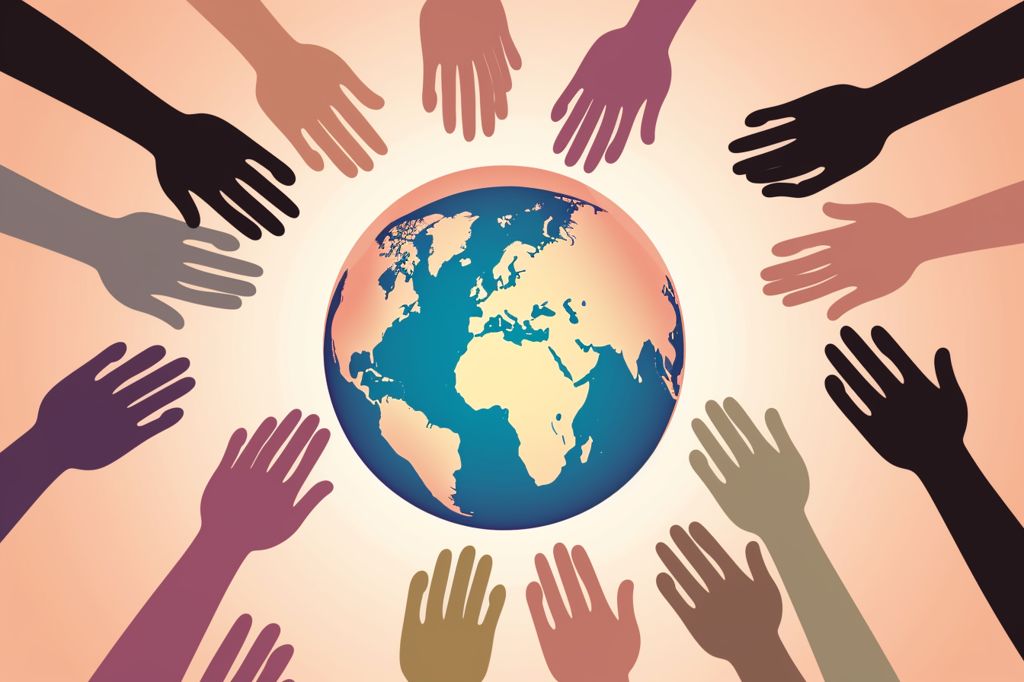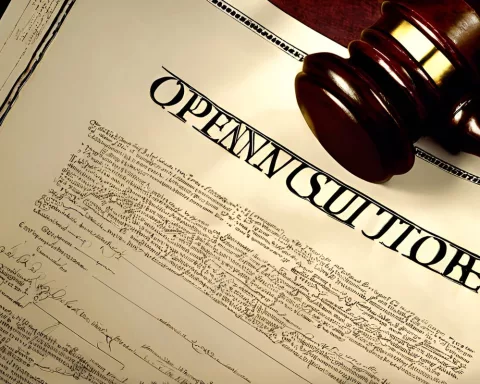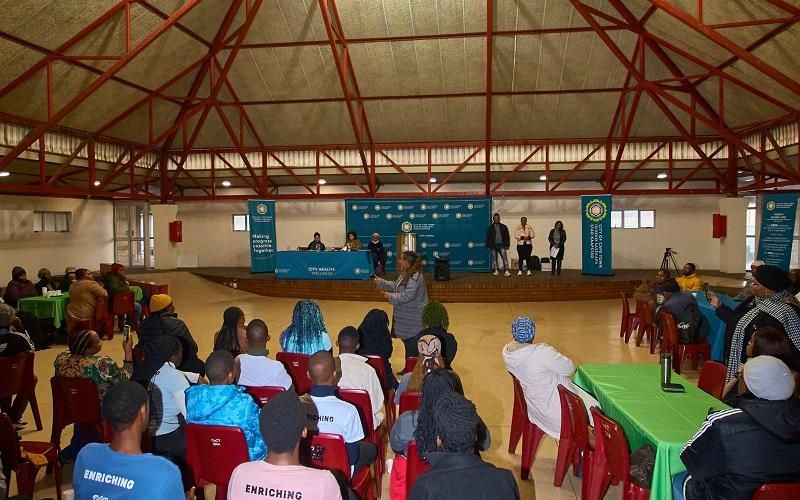South African President Cyril Ramaphosa recently attended the World of Work Summit in Geneva, Switzerland. The event, hosted by the International Labour Organisation (ILO) on the sidelines of the International Labour Conference (ILC), focused on achieving “Social Justice for All.”
Calls for Global Leaders to Prioritize Social Justice
During his speech, President Ramaphosa emphasized the importance of global leaders prioritizing social justice. He expressed his support for the proposed Global Coalition for Social Justice, which seeks to promote decent work and aligns with the United Nations Sustainable Development Goals (SDGs).
South Africa’s Role in the Future of Work
South Africa has been an active participant in the ILO Global Commission on the Future of Work, advocating for the human-centered agenda for the future of work and its recommendations. President Ramaphosa highlighted the importance of investing in people’s capabilities and creating decent and sustainable employment.
Social Justice as a Pillar of Sustainable Development
Ramaphosa stressed that social justice is a fundamental pillar of sustainable development. He called for the elimination of structural barriers that restrict equal access to opportunities and urged institutions to work towards dismantling discrimination based on gender, age, race, migration status, and other factors.
South Africa’s Commitment to Social Justice
President Ramaphosa’s visit to Geneva was accompanied by South African Employment and Labour Minister Thulas Nxesi and other senior government officials. Their presence at the summit demonstrated South Africa’s commitment to promoting social justice and equity on the international stage.
The Importance of Global Collaboration
The World of Work Summit provided a valuable platform for global leaders to come together to discuss pressing issues and collaborate on solutions. By promoting collective action, sharing best practices, and developing strategies, the international community can address the challenges and opportunities presented by the rapidly changing world of work.
In conclusion, President Cyril Ramaphosa’s participation in the World of Work Summit in Geneva demonstrated South Africa’s dedication to advancing social justice and achieving the United Nations Sustainable Development Goals. By engaging with global leaders and promoting initiatives like the Global Coalition for Social Justice, South Africa is playing a crucial role in creating a more equitable and sustainable world for all.












